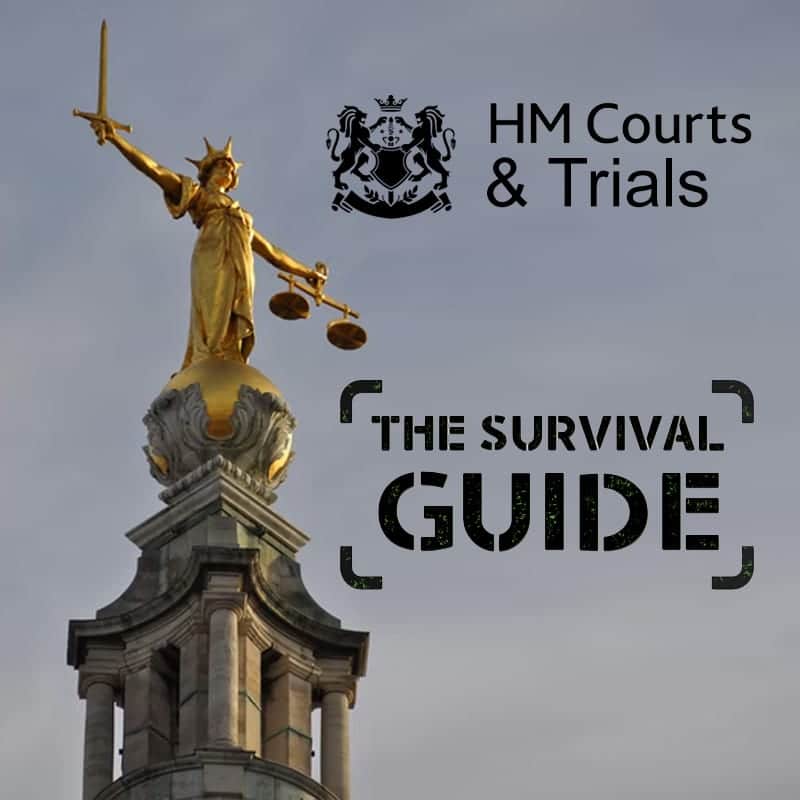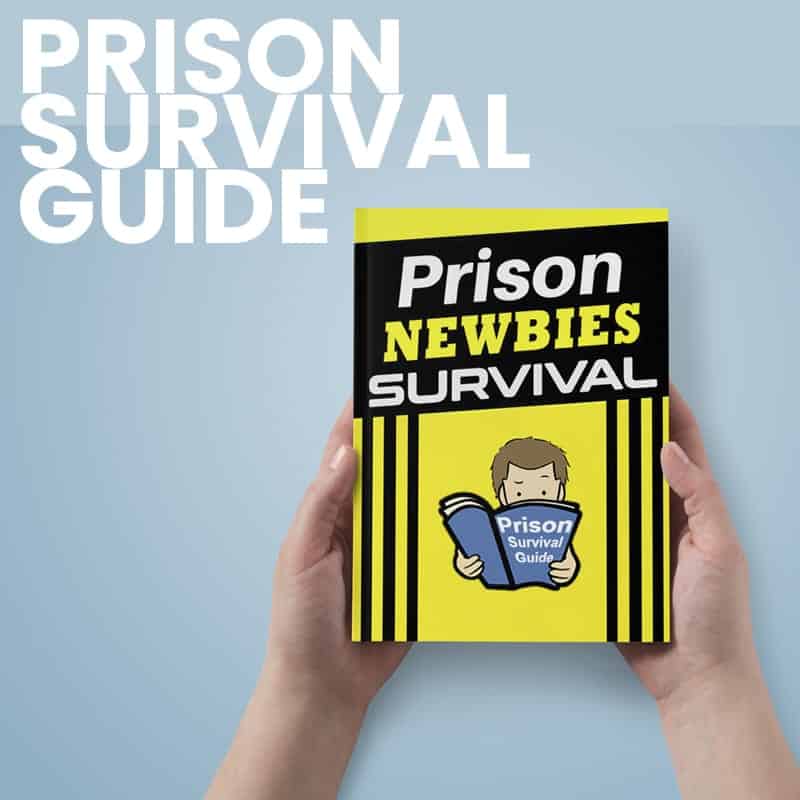What's the Prison Sentence for Weapon Offences?
In the UK, weapon offences cover a broad spectrum of crimes, each carrying its own specific legal repercussions and potential prison sentences. Understanding these laws is crucial for anyone looking to grasp the severity and legal outcomes of weapon-related crimes within the United Kingdom.
Overview of Weapon Offences in the UK
Weapon offences in the UK are primarily governed by the Firearms Act 1968 and the Offensive Weapons Act 2019. These laws dictate the legality of owning, carrying, and using weapons, including firearms, knives, and other potentially harmful implements. The intent behind the use or carriage of a weapon heavily influences the legal outcome, as does the type of weapon involved.

Types of Weapon Offences and Their Prison Sentences
Possession of a Firearm
- Unauthorized possession of a firearm can result in a maximum prison sentence of five years. If the firearm is loaded or the individual possesses ammunition, the sentence can increase to a mandatory minimum of five years, with potential extensions depending on the circumstances.
Carrying a Firearm with Intent to Endanger Life
- This offence is treated with particular severity, carrying a mandatory minimum prison sentence of five years for adults, which can extend up to life imprisonment depending on the case specifics.
Possession of an Offensive Weapon in a Public Place
- Carrying a knife, bladed article, or other offensive weapons without good reason or lawful authority in public places often results in a prison sentence of up to four years.
Making or Selling Offensive Weapons
- This includes manufacturing, selling, or renting offensive weapons. Sentences for these crimes can vary significantly but may lead to up to ten years in prison.
Sentencing Considerations
The UK courts consider several factors when determining the appropriate prison sentence for weapon offences. These include the defendant’s intent, prior criminal history, the specifics of the weapon involved, and circumstances of the offence. Mitigating factors such as the presence of mental health issues or the absence of prior criminal behavior can influence the length of the prison sentence.
Recent Changes in Legislation
Recent legislative changes have aimed to address the rising concerns over knife and firearm crimes. The Offensive Weapons Act 2019, for example, introduced stricter controls, including more substantial background checks and restrictions on the sale and delivery of bladed items. These changes reflect the UK’s commitment to reducing weapon-related crimes and the associated prison sentences.
Impact of Weapon Offences on Communities
Weapon offences not only affect the individuals involved but can also have a profound impact on communities. The fear of violence and the potential for harm can degrade the quality of life and deter economic development. Understanding the legal framework surrounding these offences is vital for community safety and legal compliance.
For more detailed information about prison sentences for weapon offences in the UK, or to delve deeper into the nuances of UK law and sentencing guidelines, visit PrisonGuide.co.uk.





